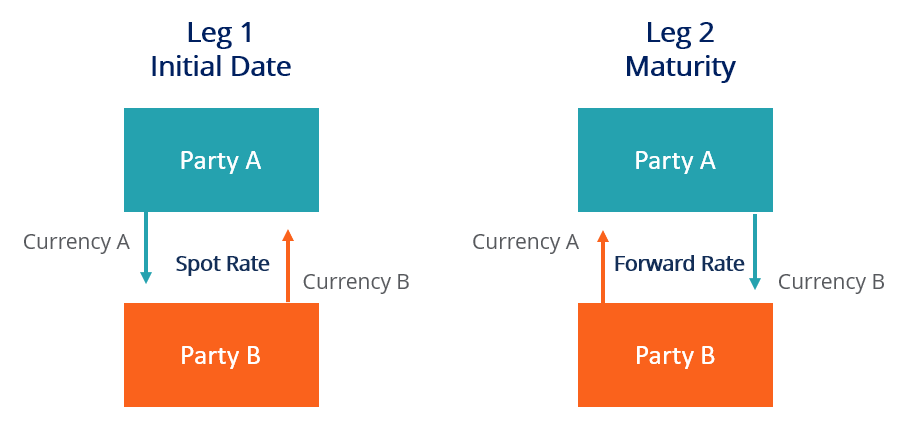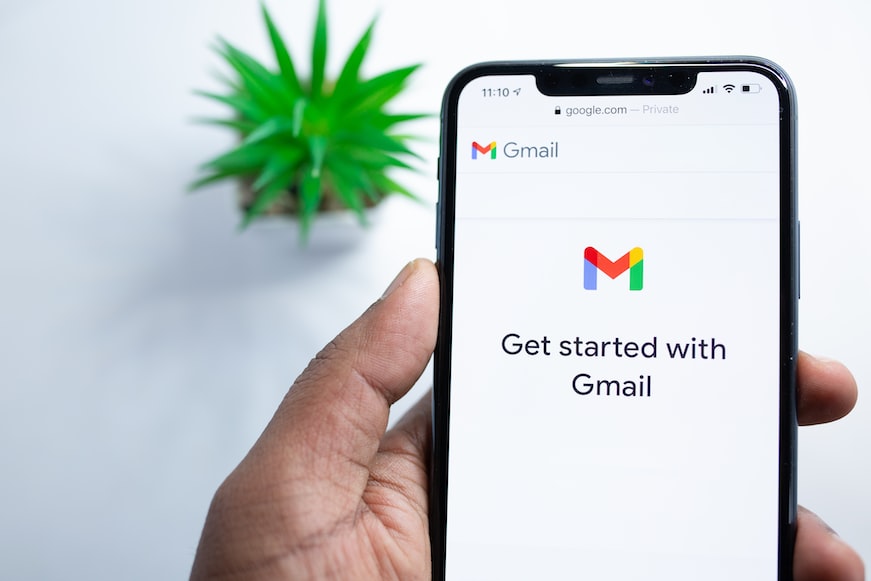Basic Digital Marketing: A Comprehensive Guide
It has become an essential part of modern business, allowing companies to reach a global audience efficiently. This guide explores the fundamental concepts of digital marketing, its key components, and how businesses can leverage it effectively.
1. Understanding Digital Marketing
Digital marketing encompasses all online marketing efforts, using the internet and electronic devices to connect with potential customers. Unlike traditional marketing, it provides measurable results and allows businesses to target specific audiences.
2. Key Components of Digital Marketing
a. Search Engine Optimization (SEO)
It involves:
Keyword research
On-page and off-page optimization
Link building
Improving site speed and mobile-friendliness
b. Content Marketing
Examples include:
Blog posts
Infographics
Videos
E-books
c. Social Media Marketing
This involves using platforms like Facebook, Instagram, Twitter, LinkedIn, and TikTok to promote brands and engage with customers. Strategies include:
Posting engaging content
Running paid advertisements
Engaging with followers through comments and messages
d. Pay-Per-Click (PPC) Advertising
Common platforms include:
Google Ads
Facebook Ads
LinkedIn Ads
YouTube Ads
e. Email Marketing
Email marketing is the practice of sending personalized messages to a targeted audience. It is effective for:
Nurturing leads
Promoting offers
Building customer relationships
f. Affiliate Marketing
In affiliate marketing, businesses reward individuals or other companies (affiliates) for driving traffic or sales through referral links.
g. Influencer Marketing
Brands collaborate with influencers to promote products to their followers. This approach leverages the influencer’s credibility and reach.
h. Mobile Marketing
SMS marketing
In-app advertising
Mobile-optimized websites
3. Benefits of Digital Marketing
Targeted Reach: Businesses can focus on specific demographics based on interests, location, and behavior.
Measurable Results: Tools like Google Analytics and Facebook Insights provide real-time data on campaign performance.
Improved Engagement: Brands can interact with customers directly through social media, emails, and online communities.
Global Reach: The internet allows businesses to expand beyond local markets.
4. Getting Started with Digital Marketing
To launch a successful digital marketing campaign:
1. Define Your Goals: Determine whether you want to increase brand awareness, generate leads, or boost sales.
2. Identify Your Target Audience: Research your ideal customers and their online behavior.
3. Choose the Right Channels: Select platforms that align with your goals and audience.
4. Create High-Quality Content: Develop engaging content that provides value.
5. Monitor and Optimize: Use analytics tools to measure performance and adjust strategies accordingly.
Conclusion
By understanding its fundamental aspects and implementing effective strategies, companies can enhance their online presence, reach a broader audience, and achieve long-term success. Whether you are a beginner or
an experienced marketer, continuously learning and adapting to new trends is key to staying ahead in the digital landscape.








